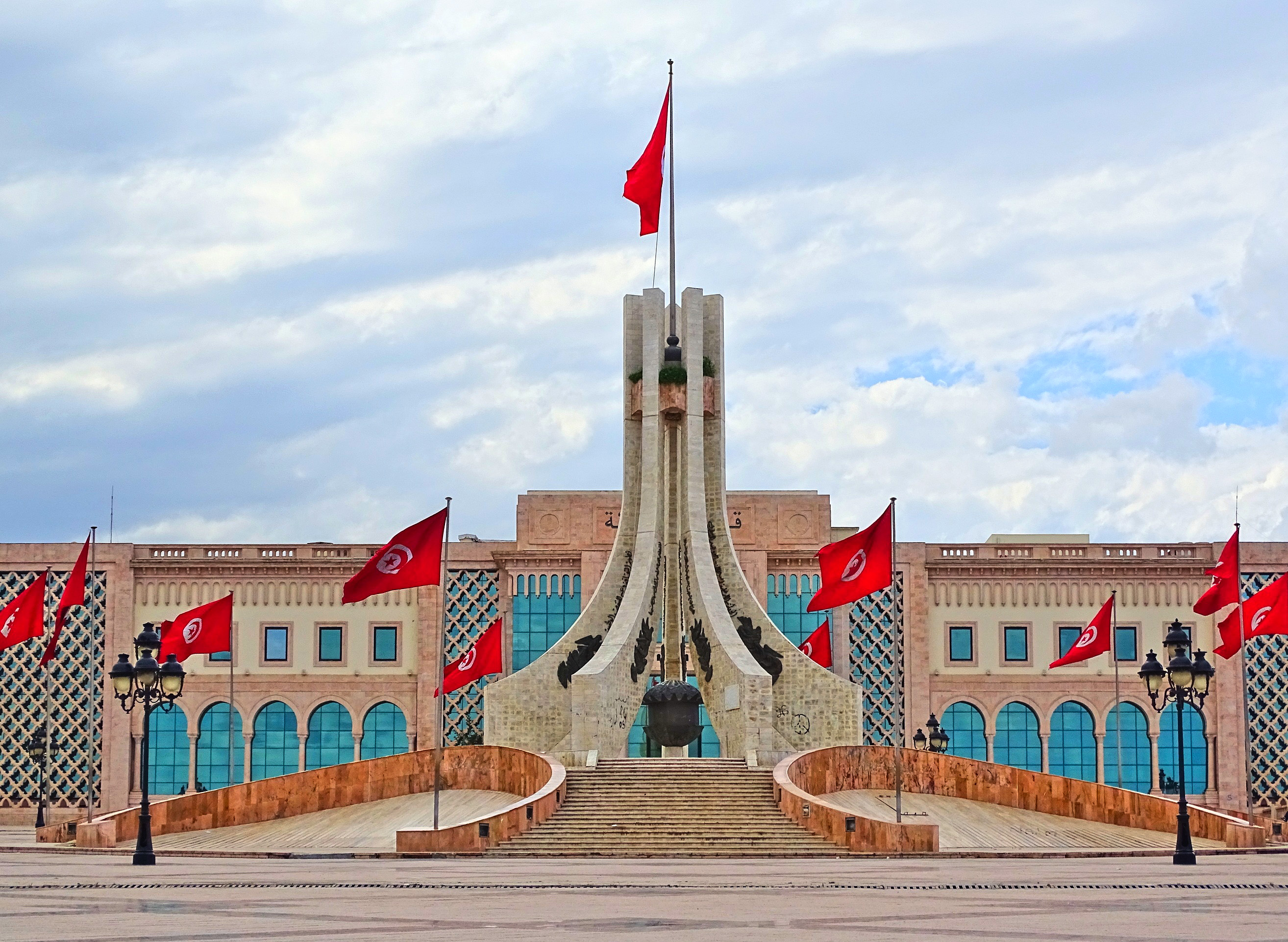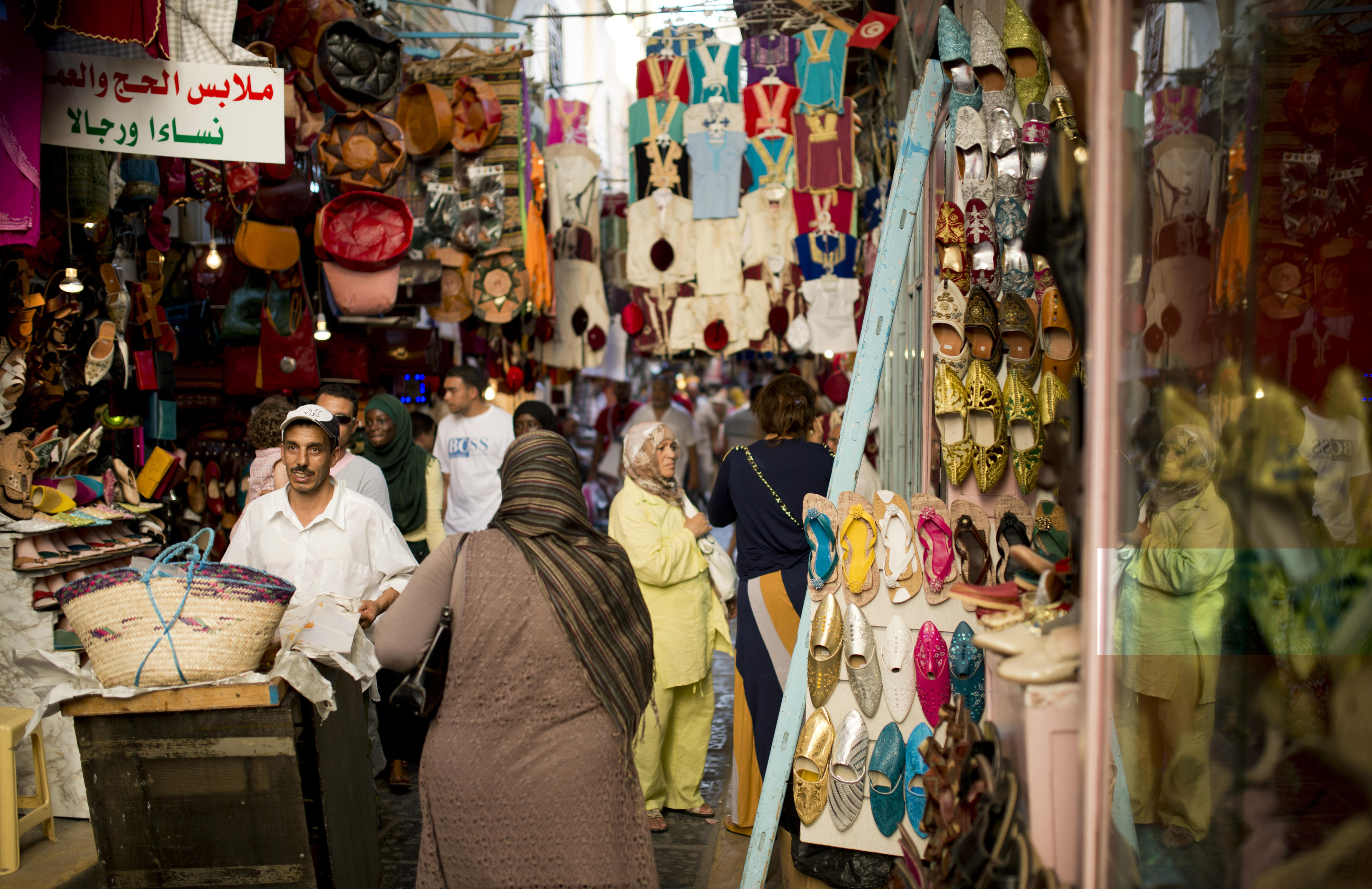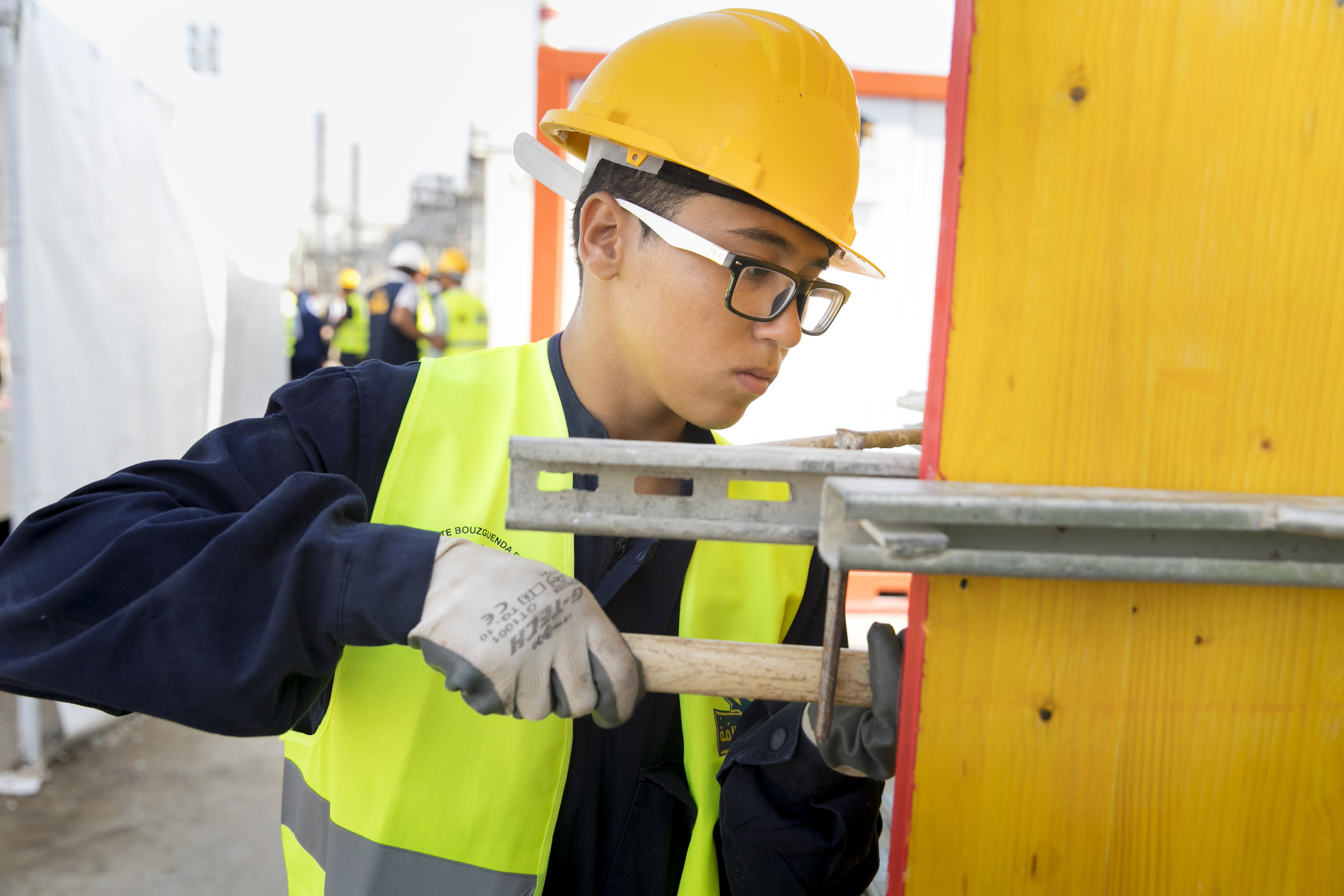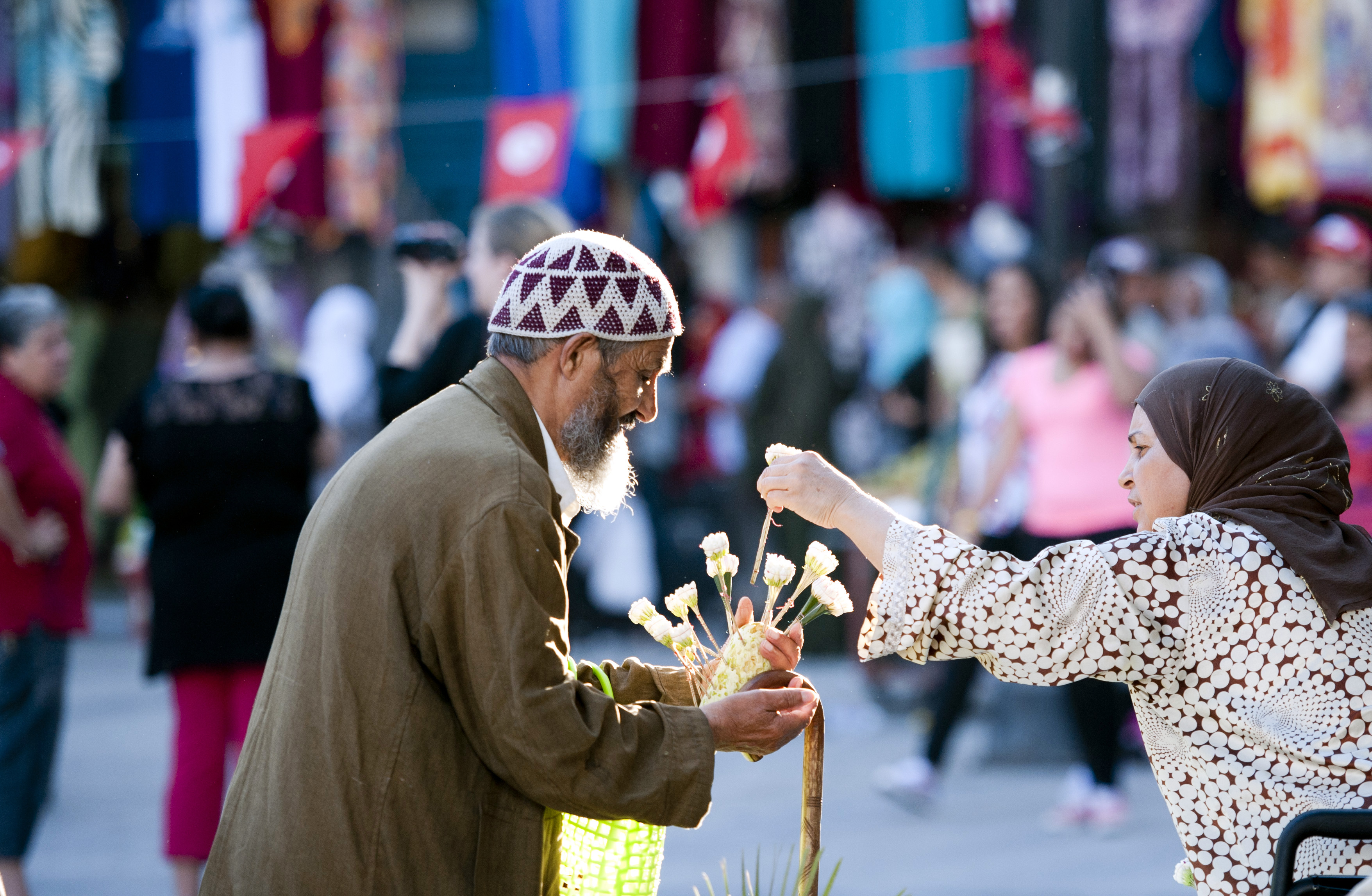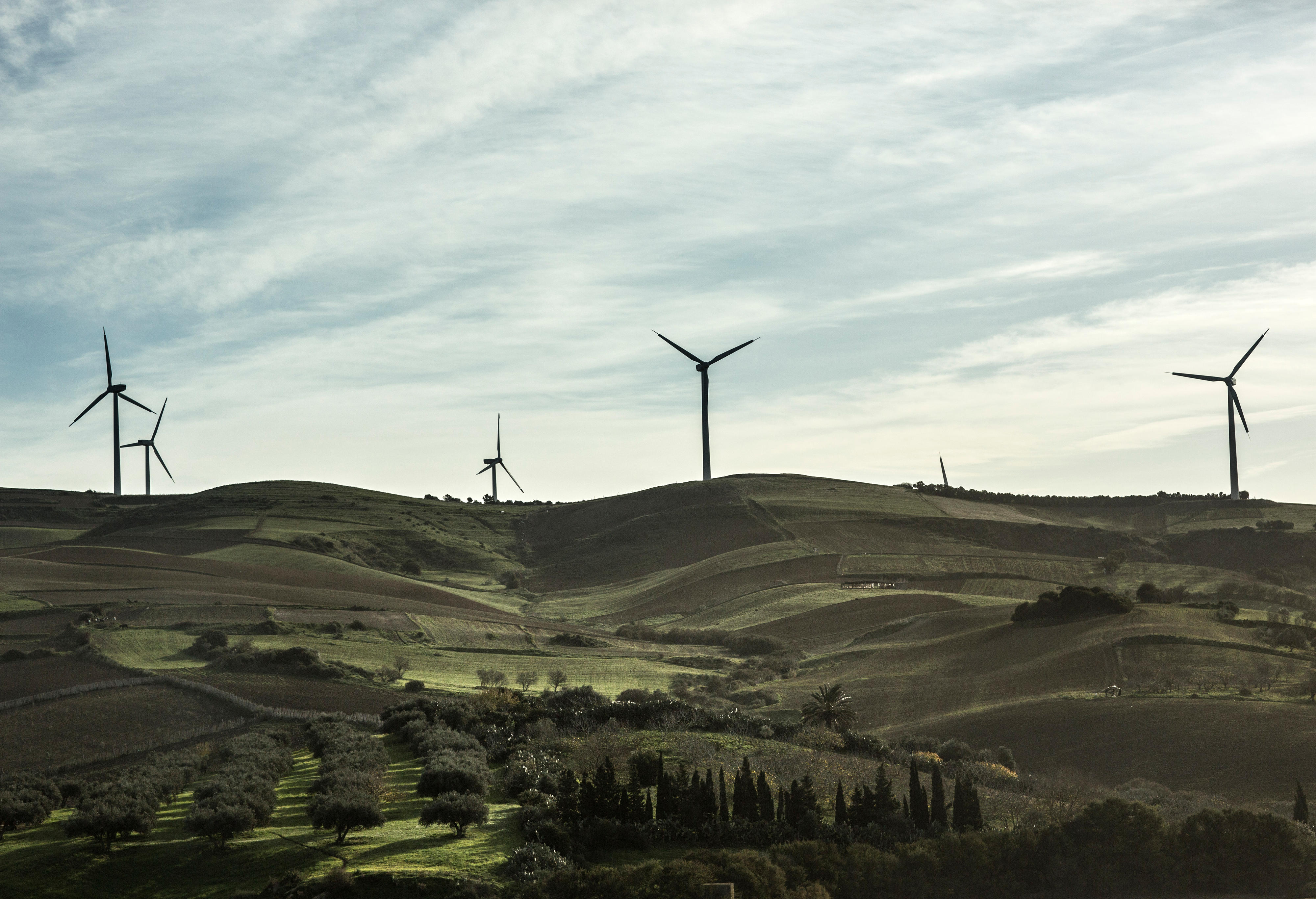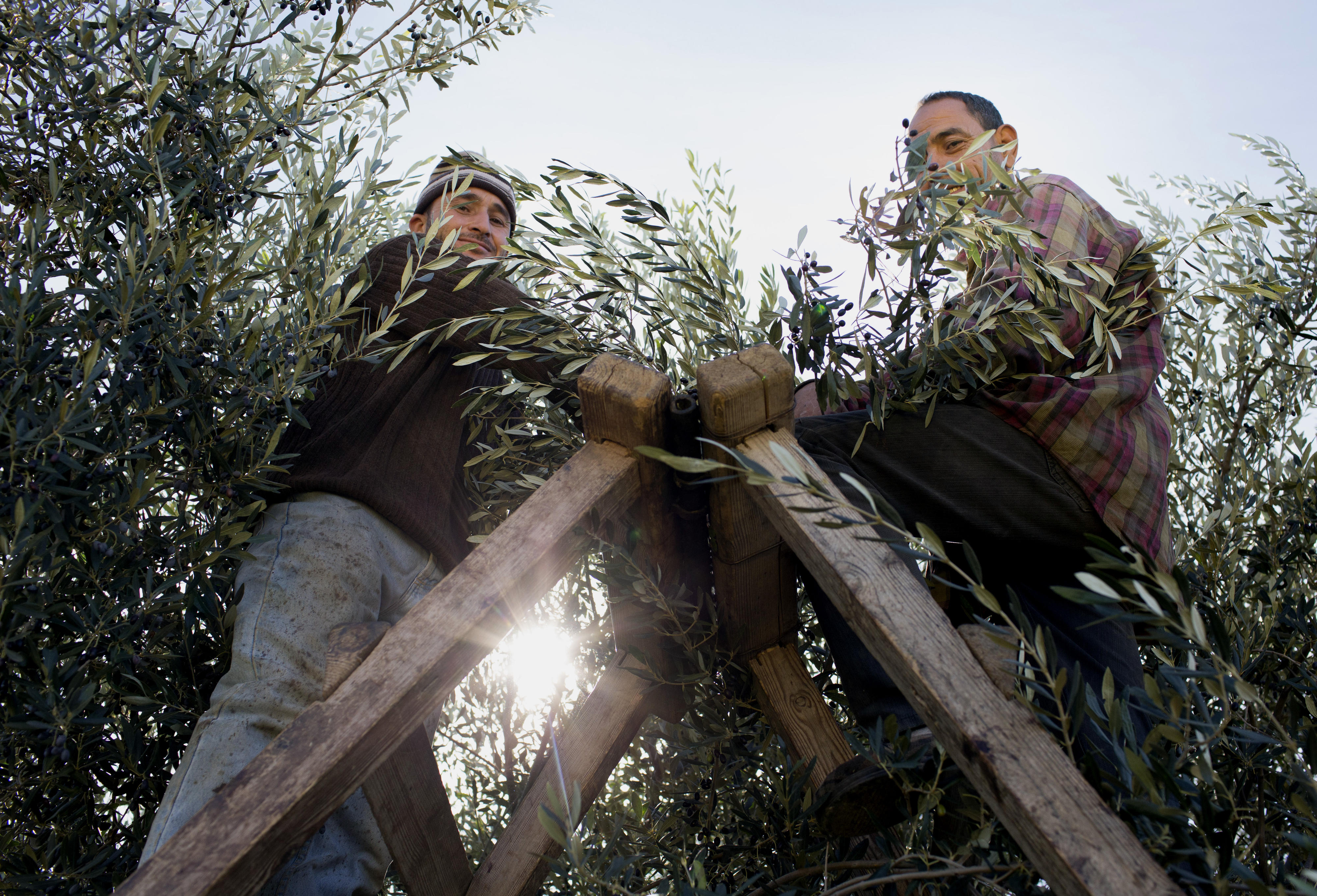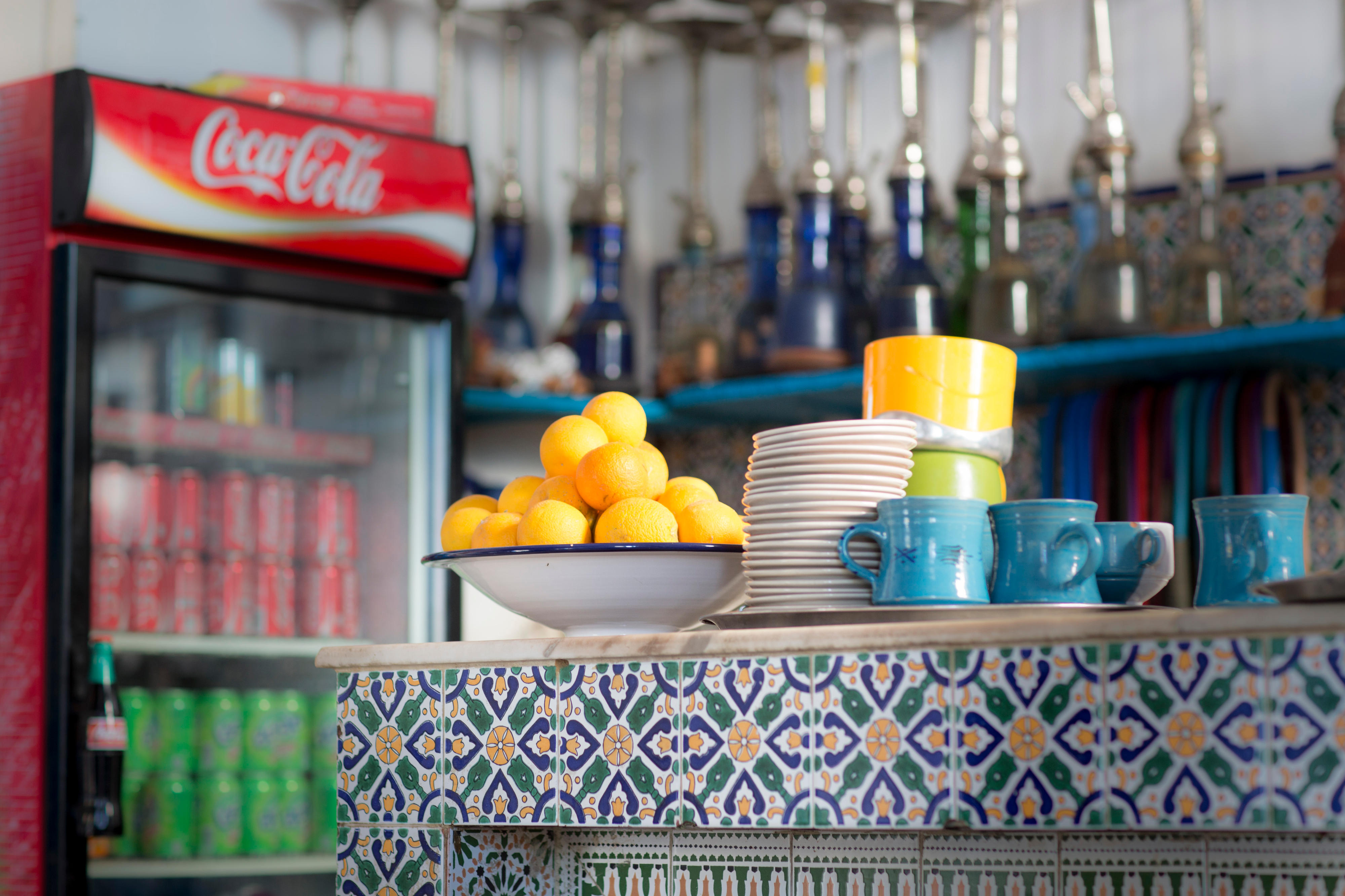Tunisian national monument on the Place de la Kasbah in Tunis
Copyright© ziedkammoun, via pixabay, CC0
Tunisia
The country – which was long regarded as a beacon of hope in Northern Africa – is struggling with political instability, social inequalities and a severe economic crisis. The COVID-19 pandemic caused a serious economic downturn in 2020 and made it very clear that much needed structural reforms had been delayed.
Power struggles within the government, frequent changes of government, a fragmented party political landscape and widespread corruption all played a part in stalling the reform process. The living conditions of ordinary Tunisians have barely improved since the political changes that took place ten years ago. The hoped for “democracy dividend” did not materialise. Discontent over this finds expression in frequent strikes and sometimes violent protests.
When State President Kais Saied took over the running of the government, the democratisation process was disrupted. In late July 2022 a new constitution was established by referendum, weakening the division of powers even more and increasing the concentration of power in the hands of President Saied.
German development cooperation with Tunisia
Germany continues to have a vested interest in seeing the neighbouring region in the south of Europe become stable again. Tunisia is an important strategic partner in realising that goal. In view of the political developments, the BMZ will not continue the reform partnership with Tunisia. In addition, the option of refocusing the development policy portfolio to continuously move towards operating at grassroots level is being examined so as to align measures even more with the basic needs of the people in Tunisia.
Cooperation in four core areas
The focus of development cooperation with Tunisia is currently on the following four core areas:
- Sustainable economic development, training and employment
Areas of intervention: technical and vocational education and training, private sector and financial sector development - Peaceful and inclusive societies
Area of intervention: good governance - Climate and energy, just transition
Area of intervention: renewable energy and energy efficiency - Conserving nature and natural resources, protecting life on Earth
Area of intervention: water
The overarching objective of Germany’s development cooperation activities is to improve people's general opportunities in life by promoting employment opportunities, technologies of the future and basic services. Projects in these areas are being promoted especially in structurally weak regions further inland, in order to create opportunities for people there and thus prevent irregular migration.
In addition, and in line with its feminist development policy strategy, the BMZ will increase its efforts to actively promote gender equality and safeguard and strengthen the vital role women play in Tunisia.
SDG trends for Tunisia
- On track or maintaining SDG achievement
- Moderately improving
- Stagnating
- Decreasing
- Trend information unavailable
